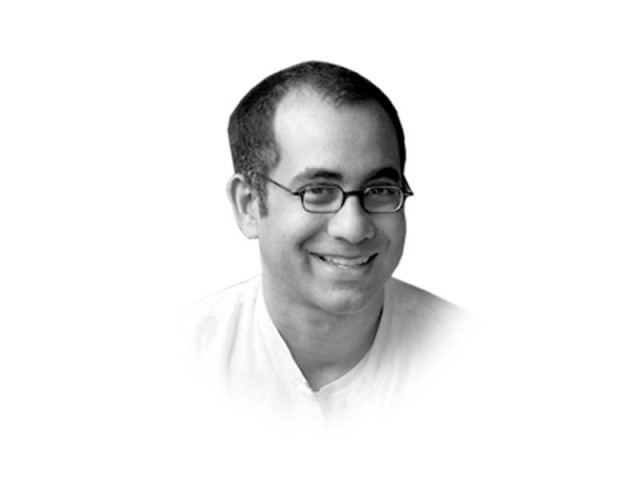Everyone breaks, it’s biology
Torture does not always have to involve physical pain; psychological destroy the mental faculties of an adult.

The writer is a Canada-based editorial cartoonist and his work has appeared in several international publications
Torture does not always have to involve physical pain. Psychological torture may seem less repugnant than waterboarding but sleep deprivation, stress positions, and solitary confinement will most certainly destroy the mental faculties of an adult — completely stripping away one’s dignity. A few years ago, my wife and I went to Valparaiso in Chile. We took a day trip to Ex-Carcel, a prison where many political prisoners were jailed immediately after the 1973 military coup. The old prison has been transformed and is now a grassroots cultural institution where artists are free to express themselves on the prison’s walls. We went to the cell where a friend was once held — someone who, during his incarceration, was tortured. He had mentioned to us how every day, for months, he was blindfolded and led up a hill to be executed. Every day the firing squad mocked an execution, discharging their rounds into the sky instead of into him. This is torture.
Torture doesn’t always involve guns and beating. I have been trying for nine years to remove my name from US Federal No-Fly and Selectee Lists. On a trip a few years ago, I was separated from my family and detained by Interpol for close to two hours. I was fingerprinted and photographed in a poorly lit room designed to make people feel uneasy and not being in control. When one feels uneasy, it gives the other side the advantage. Interrogation techniques or detention procedures that include isolation and other psychological manipulations are actually not considered any different from physical torture in terms of the extent of mental suffering they cause. Experts do not draw a distinction between torture and other forms of cruel, unusual treatments.
Torture is not only an ineffectual tool for gathering intelligence but also runs counter to all democratic tenets. It violates basic human rights and was banned by the 1984 UN Convention on Torture. It is also widely known within the intelligence community that detainees will say anything under torture as graphically shown in Zero Dark Thirty.
Toronto’s airport has numerous pieces of original art displayed within its hallways. I noticed one of the artworks just today, which was a graphic poster containing a quote from the American playwright John Patrick that reads, “Pain makes man think. Thought makes man wise. Wisdom makes life endurable.” Torture is illegal under both American and international law. Bureaucrats under former US president George Bush asked for and were granted legal authority to make torture the go-to option in the war on terror. They argued there was no way Americans could be kept safe using legal methods. Zero Dark Thirty challenges this concept, asking its audiences to speak up on torture and hopefully make us all a bit wiser.
Published in The Express Tribune, February 1st, 2013.















COMMENTS
Comments are moderated and generally will be posted if they are on-topic and not abusive.
For more information, please see our Comments FAQ